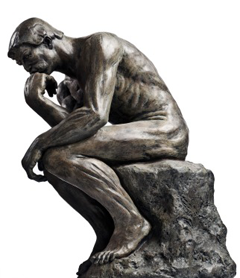Hello friends: I am writing this note to you to solicit your assistance. I partner with a Christian organization called “Hope for Today Outreach” (HTO). The organization serves and empower the poor and the needy in Haiti. Currently, we are seeking a way to provide school supplies and shoes to underprivileged students and families in Haiti for the next academic school year, 2015-2016. HTO is sending a team to Haiti in August to bring school supplies to these children and their families.
HOW YOU CAN HELP US
Basically, there are three ways to RESPOND to this URGENT request:
1. When you purchase a copy of my new book, “God loves Haiti” (2015), you will help support the social works of Hope for Today Outreach (HTO) in Haiti among the poor and the needy. Our goal is to sell 500 copies by the end of July so we can buy the items listed below for these undeserved families and poor children. All proceeds from the book go directly to HTO. To purchase the book, click on the link below:
God Loves Haiti: A Short Overview of Hope for Today Outreach
2. You can make a donation by clicking on the support tab on Hope for Today Outreach website.
3. You can provide any item on the list below:
SCHOOL SUPPLIES LIST FOR
UNDERPRIVILEGED HAITIAN STUDENTS AND FAMILIES
(June-July 2015)
- Backpacks
- socks
- tennis shoes (all sizes)
- pencils and pens (blue or black)
- crayons
- colored pencils
- notebooks
- composition book
- Folders (3 pockets)
- Glue or Glue sticks
- erasers
- rulers
- pencil sharpeners, etc.
Mailing Location
Hope for Today Outreach (HTO)
P.O. Box 7353
Port Saint Lucie, FL 34985
phone: (239) 349-4981
email: hopefortodayoutreach@gmail.com
* Any contribution you make will change a student’s future and enhance his/her education in Haiti.
Thanks for your kindness and generosity!







